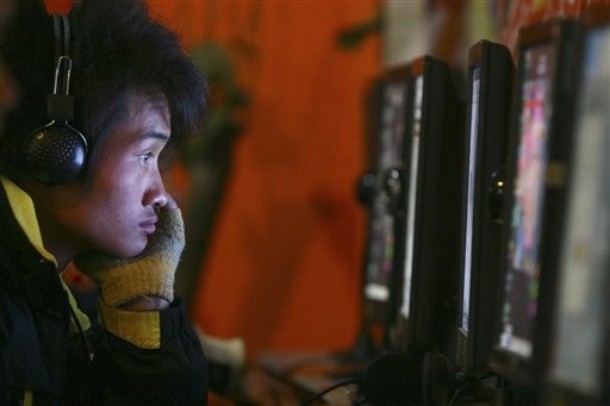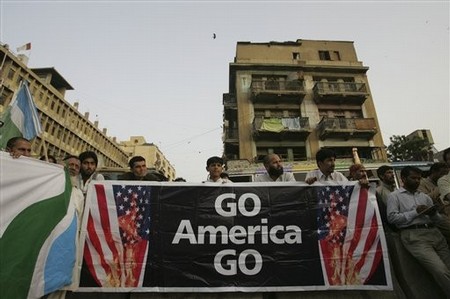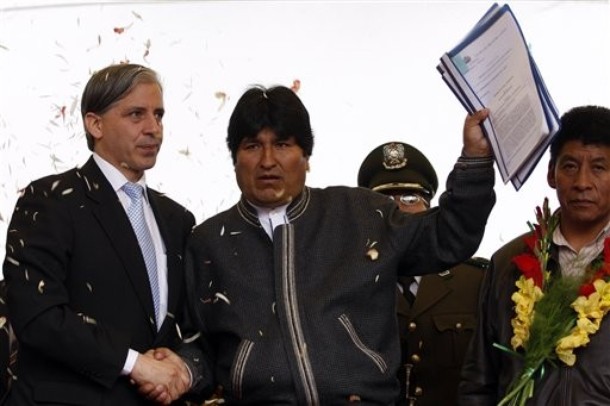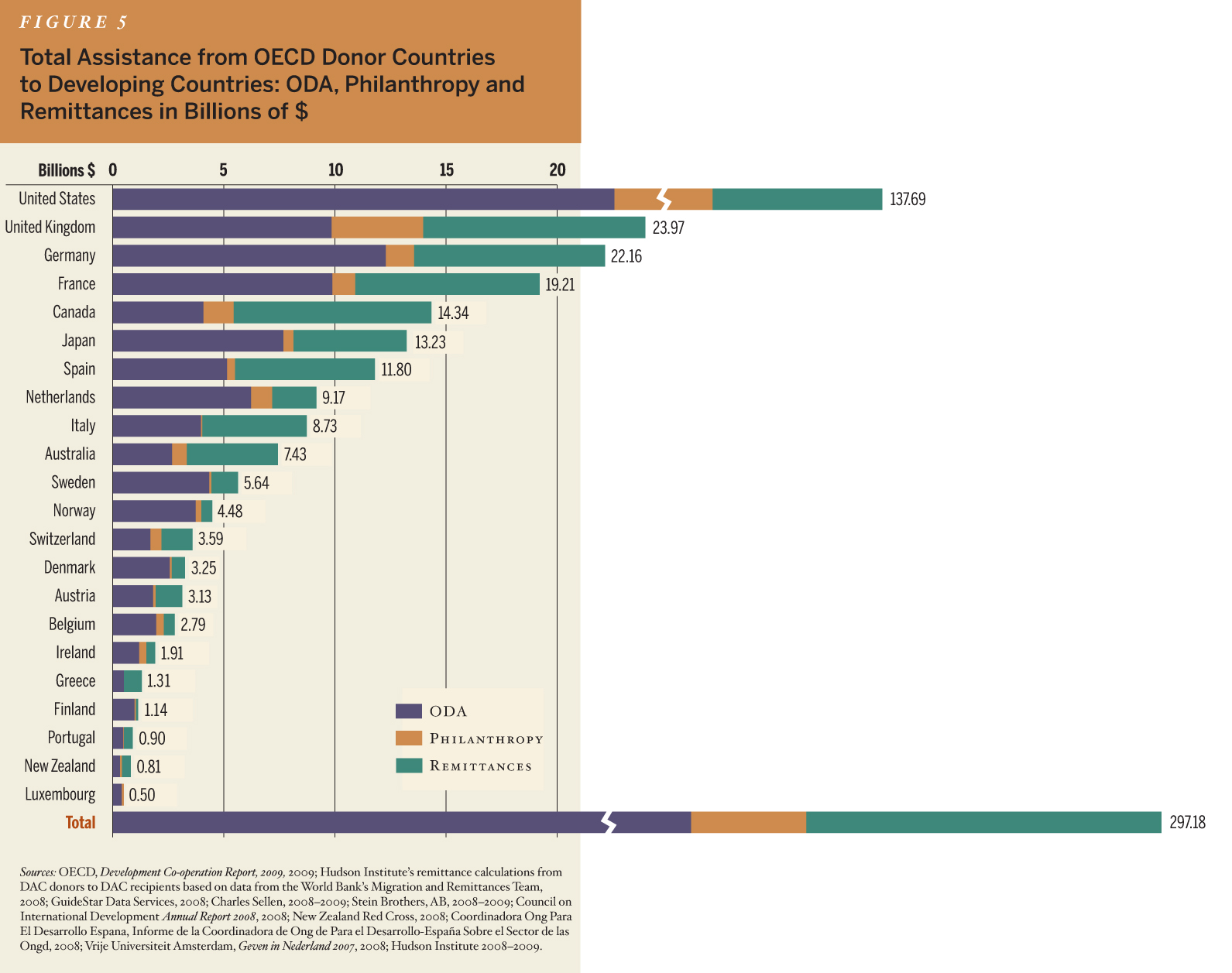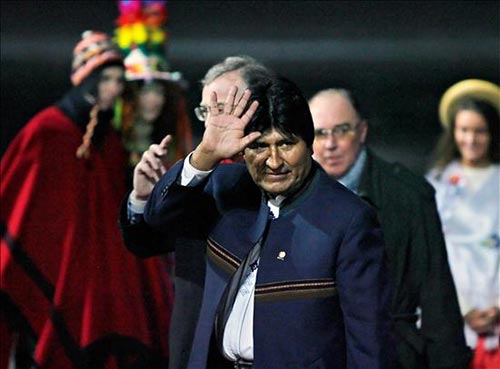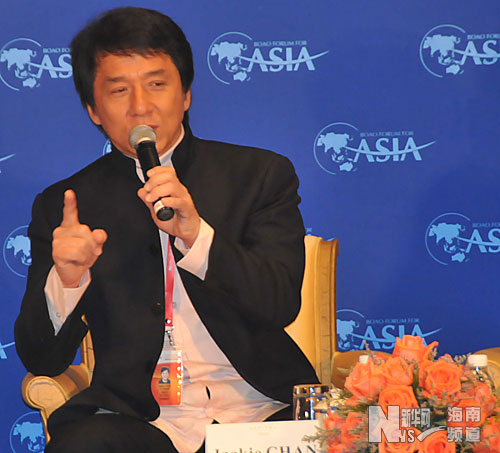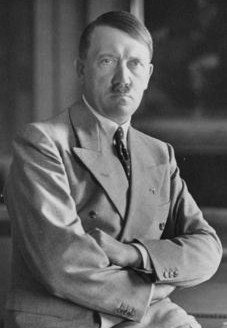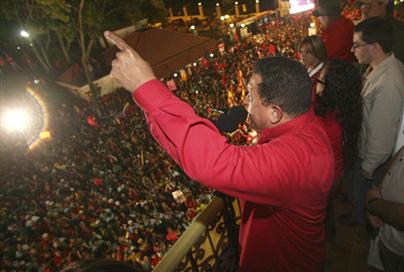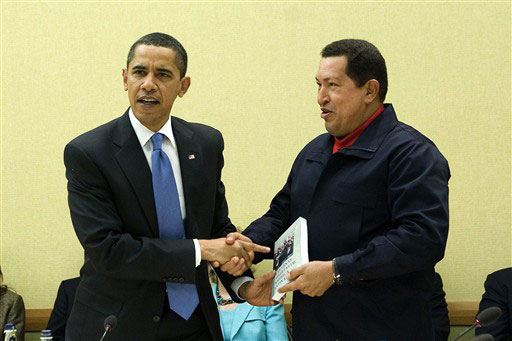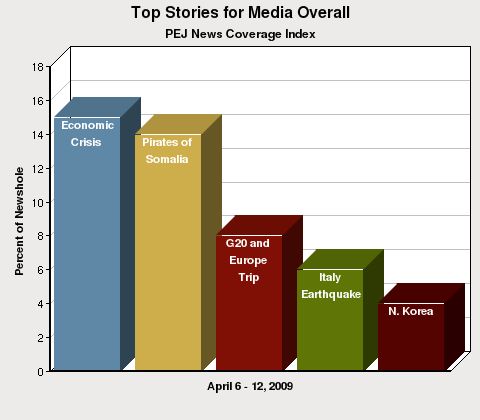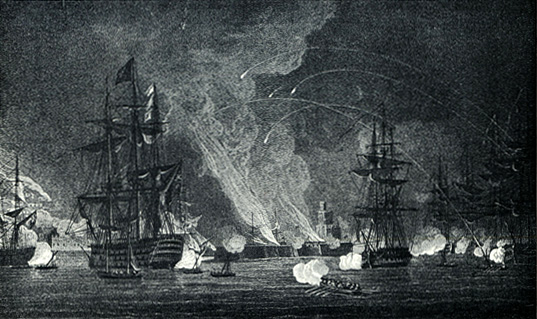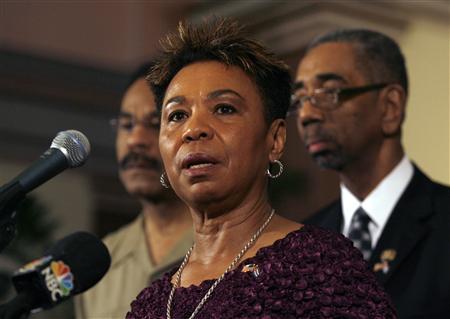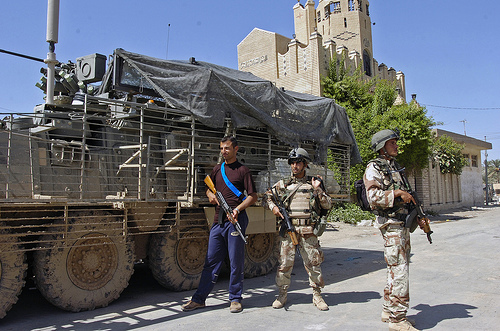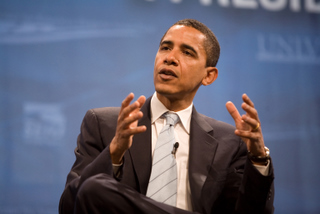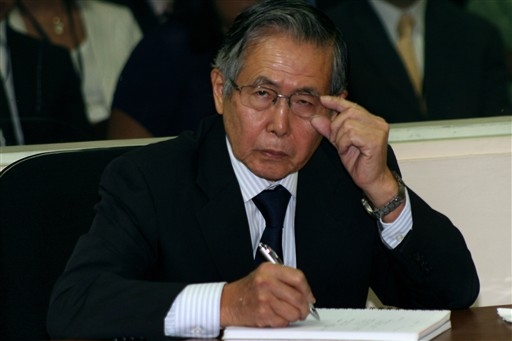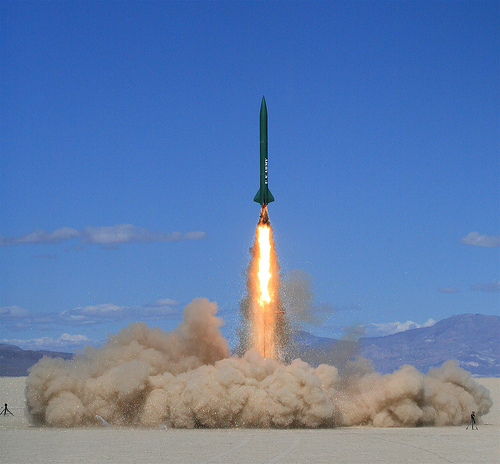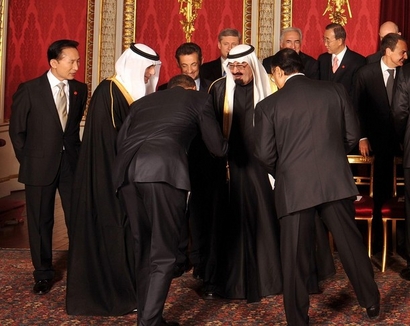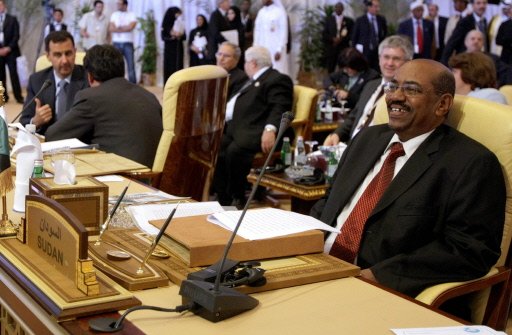The Latin American front page story on the international media last week? Fernando Lugo's paternity suits.
Every news outlet, from Le Monde to O Globo carried the story: Lugo publicly asked for forgiveness in having sired a child with Viviana Carrillo, age 26. The child is now nearly two years old. Following her suit, Lugo accepted paternity and the child now bears his last name.
According to court records, the affair with Carrillo started when she was sixteen years old and he was bishop of San Pedro while he sometimes stayed at the home of her godmother, where she lived. Bishop Ignacio Gogorza of Encarnación revealed that Lugo had administered the sacrament of Confirmation to Carrillo. The court papers state their relationship was already in progress.
In his apology, Lugo stated (my translation),
"I am a human being, and therefore nothing human is alien to me."
Whether Lugo was trying to be erudite or inadvertently humorous I am not sure, since it is almost a direct quote from Terence (ca. 190-160 BC),
Homo sum: humani nil a me alienum puto.
Humorous because in Spanish a
puto can mean a very promiscuous man. He probably doesn't expect that many would be in on the pun, after all, how many people can recognize a quote in Latin, aside from high-level Catholic clergy, and those, as
Hans Gruber said, with the benefits of a Classical education?
Promiscuous? That appears to be the case with Lugo, who until last year was still subject to a vow of chastity, which he clearly ignored.
Lugo resigned from the priesthood in 2006, but the Catholic Church did not release him from his vows until July 2008.
Even now Lugo is not above using religious imagery, wearing to his apology a suit that looks a lot like a cassock along with a white clerical collar, as you can see here:
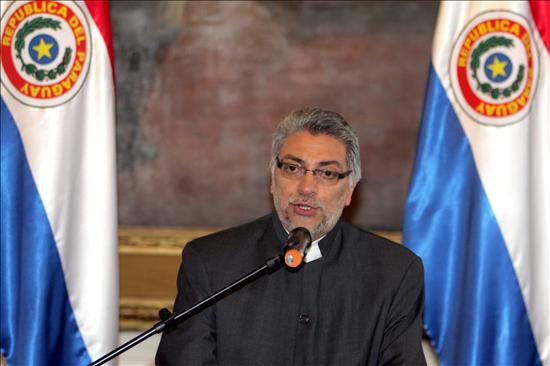
While Lugo referred to the Carrillo paternity case, he did not mention two other women who have come forward claiming that Lugo is the father of their children. Damiana Moran Amarilla, age 39, came forward this week and said that Lugo is her "ideal man" and that he's the father of her sixteen-month old son Juan Pablo, named after Pope John Paul II. Moran says she will not ask for child support. She also alleged he had fathered at least six children in total with other women.
However, Benigna Leguizamón, now age 27, has sued Lugo for paternity of her son, now age six. Benigna Leguizamón, a poor indigenous woman who started to work for Lugo as his cleaning lady when she was in her teens, stated in a televised interview that Lugo, once her son was born and he was about to baptize the baby, refused to give her money to purchase a Christening outfit, saying "I have no money for that." Lugo said he's willing to provide a DNA sample to a private laboratory but Leguizamón insists that the testing be done through the courts.
At least that's a sign that Lugo does not control the Paraguayan judiciary.
The president's office apparently has also established a special team to deal with the legal cases (in plural) that might emerge around this subject. The Paraguayan Minister for Children, Liz Torres, and the Minister for Women, Gloria Rubin, denied the existence of a joint commission for aiding the women who may have paternity claims against Lugo, all the while saying that he's a great guy.
How many paternity claims? That's a good question. Bishop Rogelio Livieres stated on Tuesday that the Church knew of two paternity claims from letters by two women who wrote before Lugo's 2004 resignation as Bishop:
Bishop Livieres said the church allowed Mr. Lugo to resign without making the complaints public, easing his bid for the presidency. The Paraguayan bishops’ conference wrote in a statement that it had never received “formal written complaints” from women about Mr. Lugo, and that it rejected the claim that the church covered up immoral conduct.
Livieres said that back then Lugo admitted that it was "possible" the children were his.
To add to the scandal, Lugo's brother Pompeyo, in another interview denied rumors that Lugo had consorted with an Argentinian chorus girl while on a flight between the two countries. Instead, Pompeyo Lugo said that "all that happened was that the cabin depressurized and he [Fernando] needed oxygen." Political satirist Jaime Bayly played Pompeyo's soundbite in his April 21 show, which you can listen (in Spanish) here.
Lugo says he will not resign. The Paraguayan government has stated that personal issues are not cause for an indictment trial. Reading from his written statement on Friday, Lugo said,
"When the truth will accompany us in full, you will see this president as a father willing to multiply affection and cares."
At least there were no puns in Latin - to the best of my knowledge - on that sentence.
Lugo's political opposition regrets that Paraguay is in the hands of not only a man of dubious morals (at best), but a leftist with no concrete ideas on how to run the country and who came to power under the mirage that he was a man of noble ideas who had moved politically to the center.
In the meantime, the media's having a field day with gossip, songs, and sight gags like this one, where the row of babies looks up at "Our Father."


